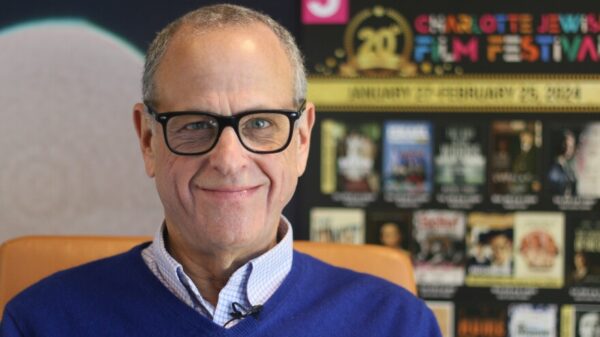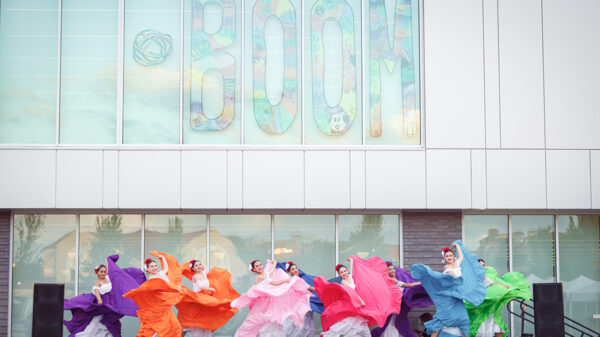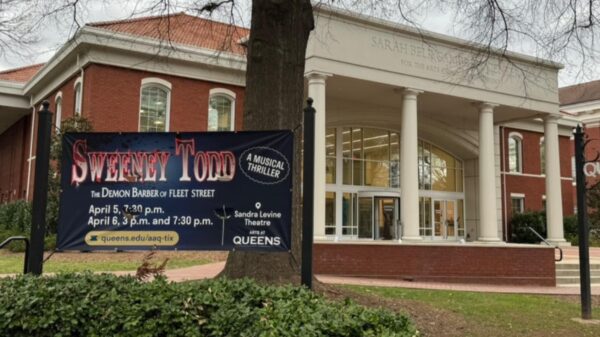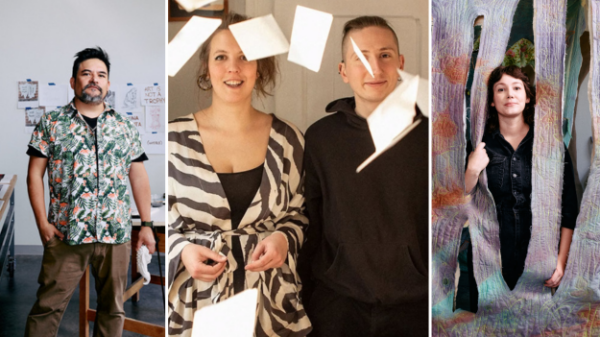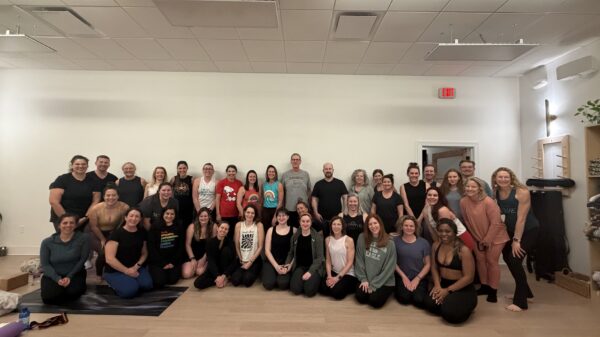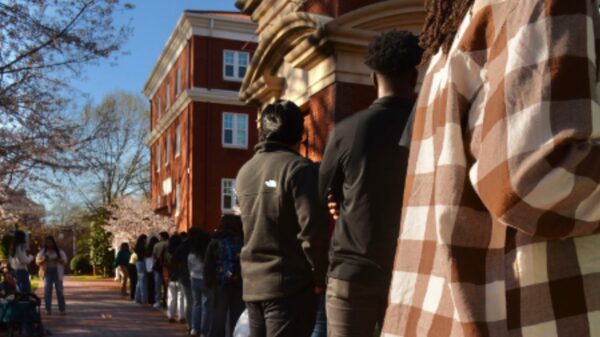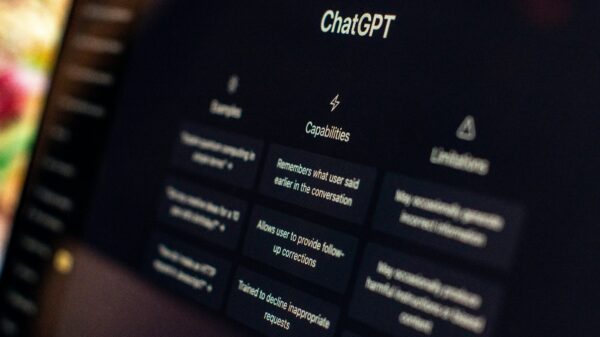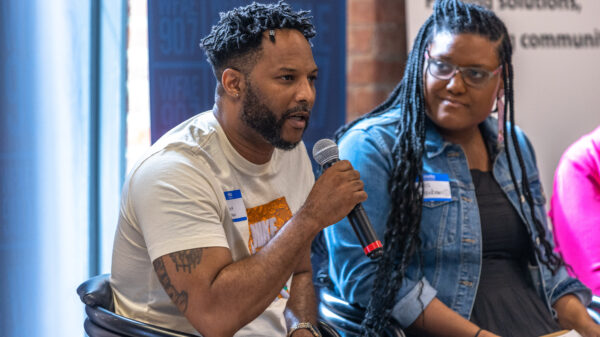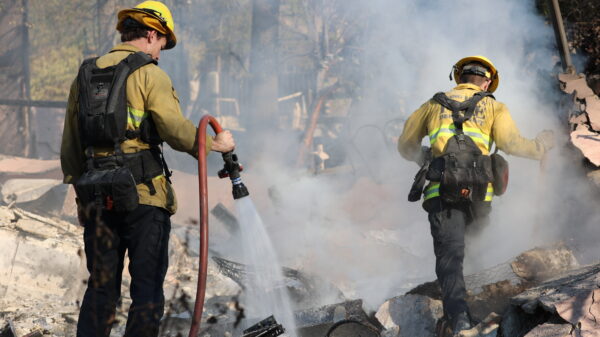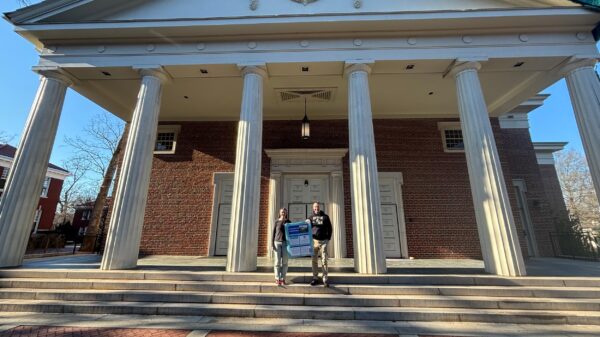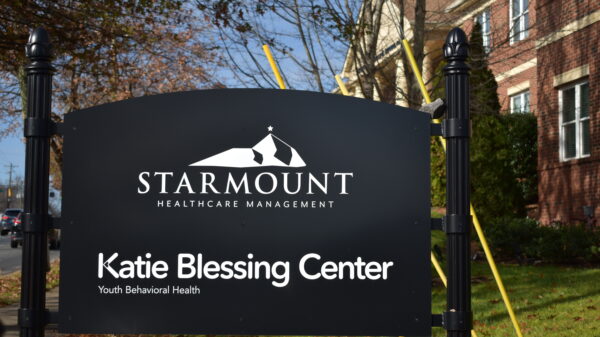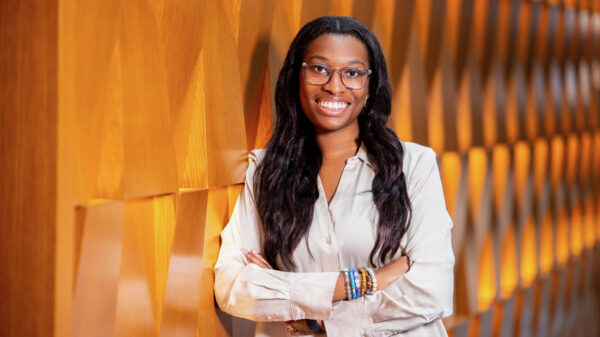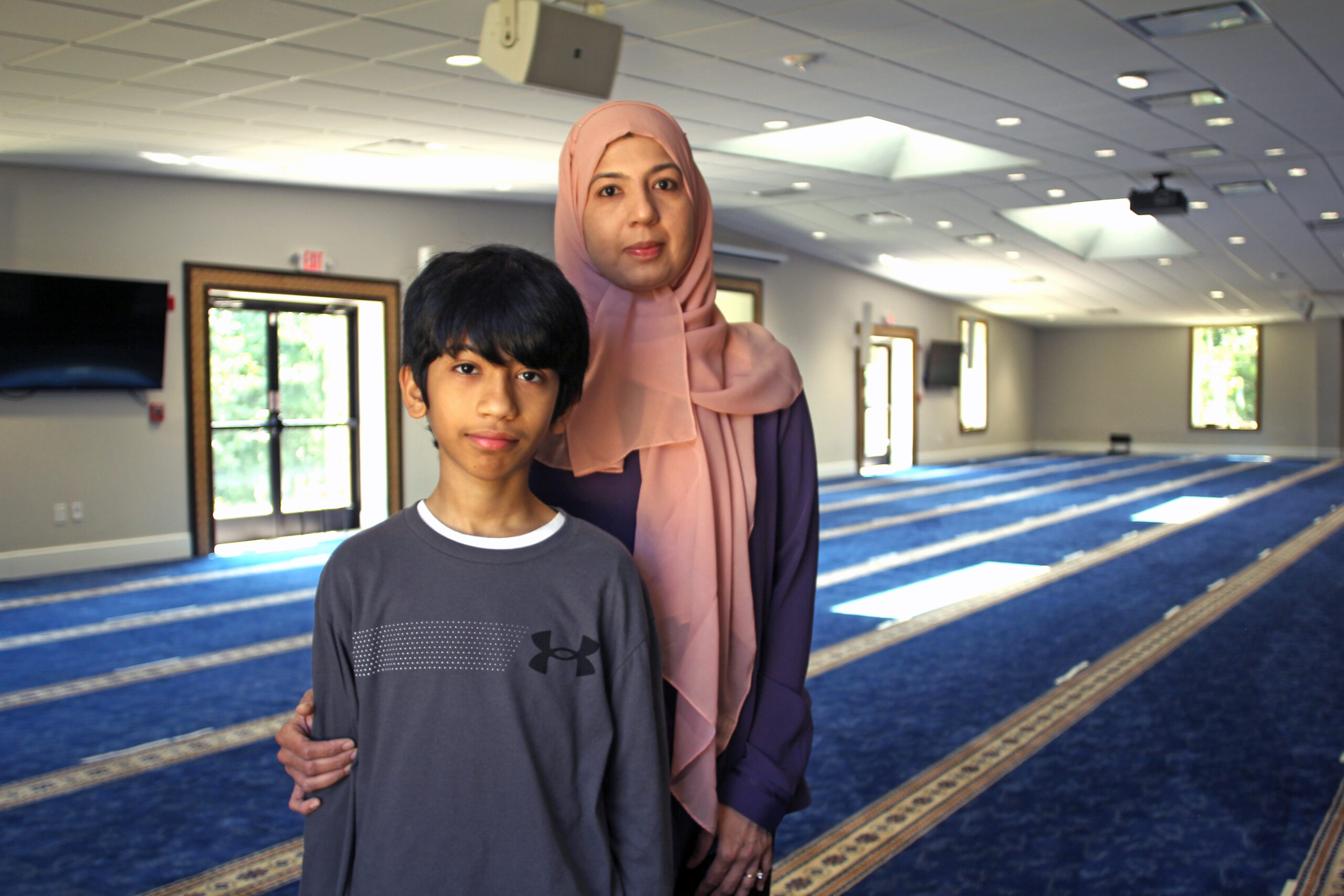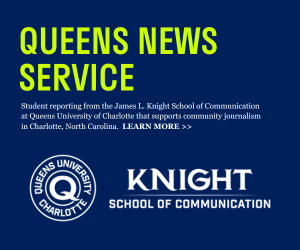Inside a mosque in north Charlotte, 12-year-old Mohsin Siddiqui sits in a corner of the prayer room, legs crossed and fully focused, rocking back and forth as he practices verses from the Quran, the central religious text of Islam.
In an oral Muslim tradition called hifz, Mohsin recently completed the memorization of all 6,200 verses and 77,000 words in the Quran. Only one or two people from Charlotte’s population of about 25,000 Muslims accomplish this challenge each year.

The process took Mohsin four years. He is now a hafiz, a reciter or guardian. He could also be considered a walking Quran.
Mohsin said he began learning the Quran long before he began memorizing it.
“When I was little at around 5 years old, I started doing hifz with a female teacher and then after I got a little bit further, like at around chapter 1, that’s when we realized I had a talent,” Siddiqui said. “Then my parents asked me if I wanted to take this forward and go full-time… I thought it would be a fun experience, so I said yes.”
In the early stages of memorizing the Quran, Siddiqui said he found the book easy to learn. Later, it became challenging and he needed the support of his mother, Rukshana Patel, to continue learning.
“She used to sit with me for hours and she used to listen to my chapters. She always had time for me whenever I needed her,” he said.
Mohsin enjoys reading, is interested in the field of computer science, and said reciting verses from the Quran helps him learn and retain knowledge. Partly because of its melody, Mohsin said the 67th surah, or chapter, is one of his favorites. Mohsin’s mother explained that the surah, called Al Malk, can be translated as “The Kingdom.” It discusses the vastness and greatness of Allah, with examples of the beauty of the universe, she said.
Hifz Programs in Charlotte
Education in the Quran is essential for Islamic culture and for the growth of the Muslim community in Charlotte, Imam Atif Chaudhry said recently. Chaudhry leads the hifz program at the Islamic Society of Greater Charlotte, where Mohsin studied.
“In terms of memorizations, understanding, and in terms of propagating the messages of the Quran,” Chaudhry said, “since this is our core scripture, the core of our religion, it’s one of the resources of our moral and ethical religious spiritual values — our connection to it will be the strength of our community.”
In the program led by Chaudhry, Muslim children from the age of 7 start the memorization process. A Google search of hifz programs reveals two in the Charlotte area, and Chaudhry said each of the city’s 15 mosques offers educational programs. Private tutors, websites, competitions, apps, and methods also support the practice.
Dania Akkad Hajjar, coordinator of the hifz program at Intellicor International Academy, a Muslim school in Charlotte, said memorizing the Quran is difficult, but brings great satisfaction and leads to great rewards for Muslims.

“First of all, it’s a great benefit for myself and the student himself. We know that in our religion, we get a lot of rewards just from reciting the Quran,” said Hajjar. “Our prophet said that each letter you memorize or read from the Quran, you will get 10 good deeds, and it wipes 10 bad deeds.”
The Intellicor hifz program was started three years ago. It had six students in its first year, eight in the second, and four this year. The school teaches both the Quran and an academic curriculum.
“It’s basically helping the kids to memorize the Quran. It’s only for people who want to do it. It’s with the curriculum, it’s optional,” Hajjar said. “If the kids want to memorize the Quran, then we give them two and a half hours (teaching) in the morning instead of teaching them Islamic education and Arabic. Instead of taking those two periods, they would start memorizing.”
‘Chain of Transmission’ in the Sound of the Quran
Chaudhry explained that the prophet Muhammad frequently said Muslims who memorize the Quran will be given special status on the day of judgment, and will be elevated in their ranks. “A person who has memorized the Quran is going to be raised amongst the scholars on the day of judgment even though they may not be an Islamic scholar,” he said.
Beyond memorization, Islamic scholars write that pronunciation, rhythm, breathing technique and intonation are also important. They explain that the Quran — translated as “the reading” or “the reciting” — is meant to be experienced as sound. In mosques throughout the Muslim world, imams recite the Quran from memory during night prayers.
The late Bill Gent, editor of the journal of the U.K.-based National Association of Teachers of Religious Education, wrote in 2015 that a hafiz becomes “a chain of transmission through which, from one Muslim generation to the next, not only the words that were revealed to Muhammad were passed on but also the sound of those words being recited.”
The Significance of Hifz to Muslims
The Pew Research Center estimates that approximately 3.45 million Muslims live in the United States. Muslims represent about 1.1% of the population and are growing by 100,000 people per year.
Hifz is a common tradition in Pakistan, Asia, and elsewhere in the Muslim world, Patel said.
“In the Muslim culture, it is very common that parents want their children to memorize the Quran if they have the potential,” she said. “It’s a way to connect them to the book of God. In our culture, the Quran is the center point of our lives because that is the revelation from God directly and that’s what we believe.”
Memorization of the Quran is not limited to children only, said Chaudhry. But starting early is recommended, he said, because of the advantages of an elastic and youthful mind, and because people can become burdened with other issues and concerns at a later age.
“The more we connect to these programs that emphasize the uniqueness and the sensuality of the Quran, the healthier the Muslim community will be in Charlotte,” Chaudhry said. “I see it as something that is absolute necessary for our long-term ambitions and goals in Charlotte as a Muslim community.”
-
Elvis Menayese of Cardiff, Wales, is a 2022 graduate of the James L. Knight School of Communication. Elvis majored in multimedia storytelling with a journalism concentration, and in English literature. He was a Knight summer scholar with the news service in 2021, and also competed as an athlete on the Queens soccer team.
View all posts

